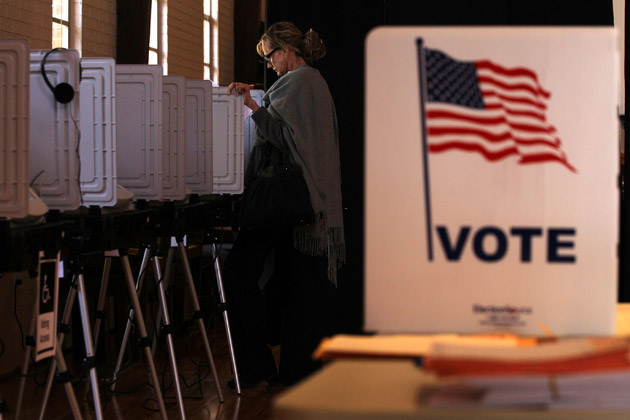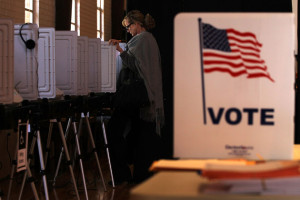Posted by Lauren Balleza
Question: Are the assaults on voting rights addressing legitimate abuses within the system or are they attempts to disenfranchise large groups of minorities/poor groups?
Facts: The fifteenth amendment, part of the Bill of Rights, was placed in sole purpose of voting rights. This amendment prohibits state and federal government to deny a citizen’s right to vote because of their “ race, color, or previous condition of servitude.” Today there are a lot of laws that are designed to regulate voting. The proponents of them claim that they are designed to cut down on fraud. Moreover, to enforce the basic democratic principle of one person, one vote.
Arguments:
Pro: Republican legislation supports voting regulation in means to stop voter fraud. One regulation posed to curb fraud are voter ID laws. These laws entail various measures to prevent impersonators voting for others and/or voting several times. The first voting ID law was passed in 2003, but as the years passed more laws were enacted in other states. In order to vote, one must show an ID. However, the form of identification varies. Some states require a government ID, while others are more lenient, showing a bill with a name is sufficient.
Con: While the intent of voting ID laws is to enforce the basic democratic principle of one person, one vote, it affects a large population of the elderly, minorities, and low-income people. This group, which tends to vote Democratically, faces obstacles with ID laws. Most of them lack the knowledge of photo ID, unprepared when the voting time comes. Another obstacle is obtaining the photo ID as it can cost a lot of people. While it costs money, it may also be unattainable due to the lack of access to ID offices. Moreover, the process of attaining a photo ID can vary, most often taking a long time. Therefore, making it either impossible or insufficient to vote.
Conclusion: I believe the intent of photo ID laws are moral. However, they entail obstacles that make it almost impossible for certain groups to vote. It almost emulates the poll tax for African Americans, making it hard for them to vote. I think this topic is crucial to my generation as it will affect us in the near future. The intent of the republican legislation on the surface shows characteristics of goodwill intention for voting. However, it curbs the minority, elderly, and low-income group from voting, that usually lean towards democratic votes. Therefore, the laws ultimately favoring the republicans which reflect the complex of good intentions for personal interest.
Cohen, Andrew. “How Voter ID Laws Are Being Used to Disenfranchise Minorities and the Poor.” The Atlantic. Atlantic Media Company, 16 Mar. 2012. Web. 26 Oct. 2015.
http://www.propublica.org/

